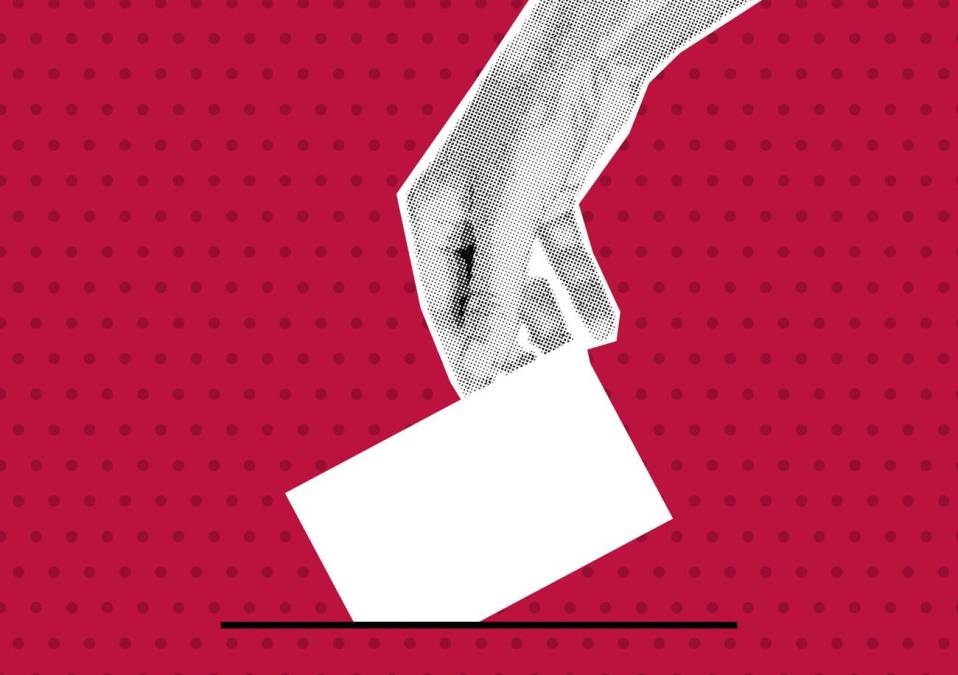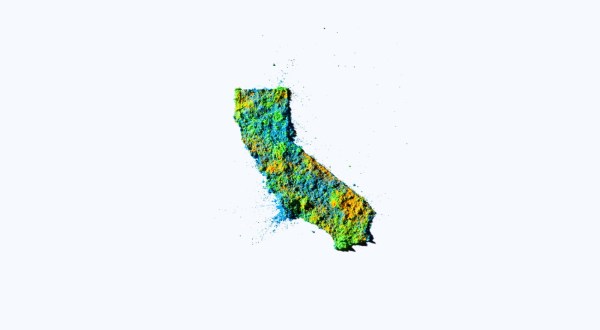States are picking sides as competing election integrity efforts move ahead

Two events last week offered a glimpse of the growing weight of politics in the nation’s elections process. Alabama’s secretary of state, Wes Allen, announced that Virginia had become the tenth state to join his voter integrity database, called AVID, an increasingly popular alternative to a larger bipartisan voter integrity coalition used by half of the nation’s state governments. And the New York State Assembly approved legislation permitting the state to join the more popular bipartisan system, called the Electronic Registration Information Center.
With 26 members, ERIC is still the most popular way for states of all political persuasions to verify the accuracy of their voter rolls, but the Alabama Voter Integrity Database is proving an enticing, if less sophisticated, option for some secretaries of state, particularly in conservative regions where claims of noncitizen voting and a multitude of unfounded conspiracies of ERIC’s shadowy dealings abound.
Where there was one system for verifying the integrity of the nation’s voter rolls, there are now two.
“I think there’s a concern that a state’s decision to be part of an interstate voter registration solution will hinge not solely on scientific evidence and data, but potentially on politics and the partisan leanings of the states that are already part of that organization,” said David Levine, a senior fellow at the University of Maryland’s Center for Democracy and Civic Engagement.
Numbers on ERIC’s website show that since 2013, its cross-referencing has helped its members keep their voter rolls much cleaner than they might have managed on their own, spotting 13.5 million people who moved across state lines, 1.3 million in-state duplicate registrations, 640,000 dead voters and nearly 29 million in-state voters whose information had changed. When ERIC was being created, some 15 years ago, it was by a group of seven states, as red as Utah and blue as Washington. (Virginia, at the time led by a Republican governor, was also a founding member.)
Kim Wyman, Washington’s former secretary of state, said that comparing with her own state’s data sources and federal databases like Social Security Death Index gave her “a very high confidence level” that ERIC’s output was accurate, once her office began using it years ago to clean Washington state’s voter rolls.
“When we built ERIC … the problem with databases across the country was the errors,” Wyman said. “It was anywhere from 8-10% of the data in various voter registration databases across the country was an error, was a typo, was a data-entry error. All of those things are just common errors and mistakes that are in data systems, so it is that constant scrubbing of the data and comparing the data to other data that helps you get it to be a more accurate database.”
ERIC has historically gone out of its way to cater to the concerns of both political parties, Levine pointed out, such as sniffing out mistakes like double registrations, but also by reaching out to voters who are eligible to vote but haven’t registered. The latter practice turned out to be a sticking point for Ohio Secretary of State Frank LaRose, who before leaving ERIC requested that it stop requiring its members to conduct such outreach. LaRose chalked up his decision to switch to AVID last April to ERIC’s “poor strategic decisions” and what he saw as Democratic favoritism.
In last week’s announcement of Virginia’s joining AVID, Allen claimed that similar agreements forged with other states, like Arkansas, Kentucky and Texas, have enabled Alabama to begin removing 40,000 ineligible voters from its rolls. But critics of AVID have questioned the reliability of such results, pointing out that correctly matching data across different types of records without the use of information from motor vehicle departments, which AVID has said it does not share across state lines, is exceedingly difficult.
“I think there’s a good deal of merit to these concerns,” Levine said. “DMV data is part of what made ERIC so successful. The question that needs to be raised is if you’re not sharing DMV data, what are you using to help ensure that when you’re engaging in this maintenance that you’re not getting any false positives?”
The new agreement between Virginia and Alabama explains in general terms that each state’s data “will be compared” and that the states are to “securely share an electronic file containing statewide voter registration,” but critics of AVID have been quick to point out how much is missing in these public documents. Allen’s office has been secretive about key details of how AVID works, such as precisely how data is checked across states, what technologies are used and how shipping data across state lines based on the provisions outlined in memorandums of understanding might interact with state privacy and data security laws. Allen’s office did not respond to requests for comment for this article.
The New York bill not only permits, but requires the state to join a multistate voter integrity group like ERIC before August 2026. The bill notes the neverending challenge that states face in keeping their rolls updated as people move or pass away. It also notes that illegal voting is “exceedingly rare,” but that checking for it deters such behavior and bolsters the public’s confidence in election outcomes.
ERIC has long been considered the best way for states to make those checks against their voter data. With many more years of development behind it, ERIC is considered by many analysts and election integrity experts not only to have more members who share a wider range of data sources, but to be highly secure and risk-limiting. Several analysts and officials StateScoop has interviewed in its coverage of AVID have balked at the idea that its impromptu formation can be reasonably compared to a mature membership organization carefully constructed over many years, as ERIC was.
“I’m hopeful that AVID states are engaging in that sort of due diligence, that they’re testing these interstate partnerships in a really robust way,” Levine said. “States clearly see the need, as they should, for having an interstate system, but they obviously are having to be mindful of factors other than the integrity of the system and the checks and balances that exist within it. I’ll leave it to others as to how much of that is a function of the current political environment, but for those folks that have left ERIC to date, that decision looks largely like an own goal.”






